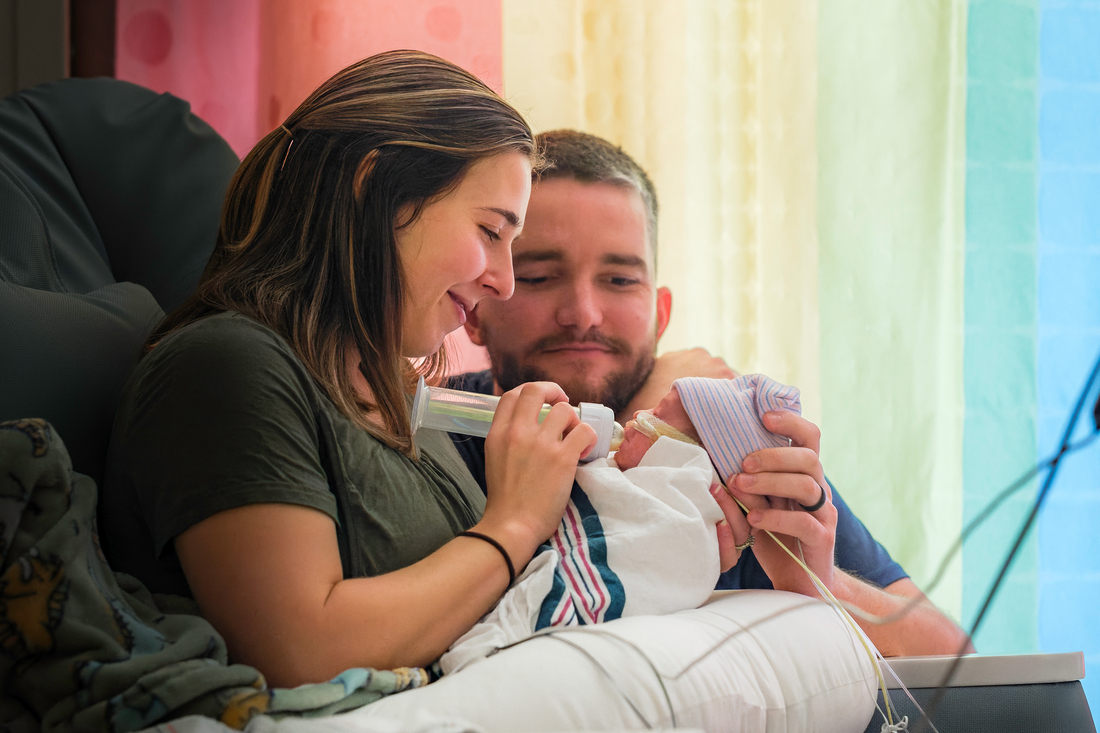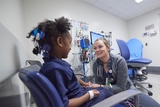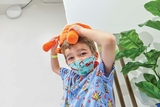The Right Care, When and Where You Need It


Emergency care
For a severe or life-threatening injury or illness that requires immediate attention, take your child to the nearest emergency room. Both our Philadelphia and King of Prussia hospitals offer a 24/7 ER dedicated to the care of children.

Urgent care
When you're not experiencing an emergency, but your child's care can't wait for your pediatrician's office to open, our urgent care locations offer fast, convenient care with onsite X-rays and additional services.

Primary care
From regular checkups to routine vaccinations to care for minor illnesses and injuries – we offer pediatric primary care for infants, children and young adults at 30+ locations across Pennsylvania and New Jersey.

Specialty care
Our 15+ specialty care centers provide specialized care for children and teens with complex or ongoing health needs. Top-ranked specialists and surgeons provide expert care and second opinions at convenient locations across Pennsylvania and New Jersey.

Inpatient care
A leader in clinical care, we are ranked among the best pediatric institutions in the nation, with inpatient locations in Philadelphia and King of Prussia. Our commitment to excellence in patient care, community advocacy and innovative research leads to breakthroughs every day.

Affiliate community hospitals
Looking for CHOP care even closer to home? You can find our pediatric experts at several community hospitals throughout the region.
Online scheduling
Find a specialty
Find a doctor
Find a location
Get a second opinion
Our representatives will direct your call where it needs to go so you can learn about the many options available to you at CHOP.